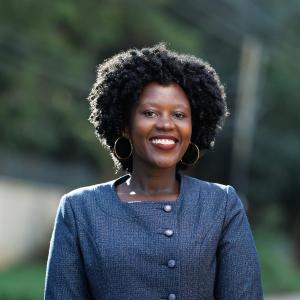Event
Details
The construction of the Berlin Wall was themed on exclusion. The East German government called the wall “anti-capitalistic protection wall” and explained to its citizens that it was built to protect them against the Western capitalism whereas from a Western perspective the wall was clearly built to impede people from fleeing to the Western part, so it was declared a “protection” on the one side whereas it acted as exclusion and was experienced by many as a jail. Outside Germany, exclusion continues to play out. Closer to home, in Africa and in Uganda particularly, we see invisible walls constructed along political, ethnic, religious, cultural, and tribal lines. All these are pointers towards exclusion as well. The fall of the Berlin Wall was a hallmark of unity and inclusivity, it symbolized the birth of a new Germany, one where the hopes and aspirations of its citizens would be met and valued.
More than three decades after the fall of the wall, we pause to reflect on the gains Germany has made and we also ask what lessons were learned over the years. To Africa and Uganda, this is also a moment to ask ourselves, how do we bring down the invisible walls that separate us, the walls that exclude one group from another.
In addition, throughout the ages, art has played a pivotal role as a tool for positive change in societies. The Berlin wall provided a converse for artists to express their thoughts and aspirations. After the fall of the wall, it continues to inspire various forms of art including literature and cinematography. Just like the Berlin Wall gave German artists a platform for expression, this event will also give Ugandan artists an opportunity to express themselves and their thoughts through music, poetry and performances of their choice.
This event therefore provides an opportunity for an intellectual reflection on building societies that are democratic and inclusive based on the experience of Germany.



